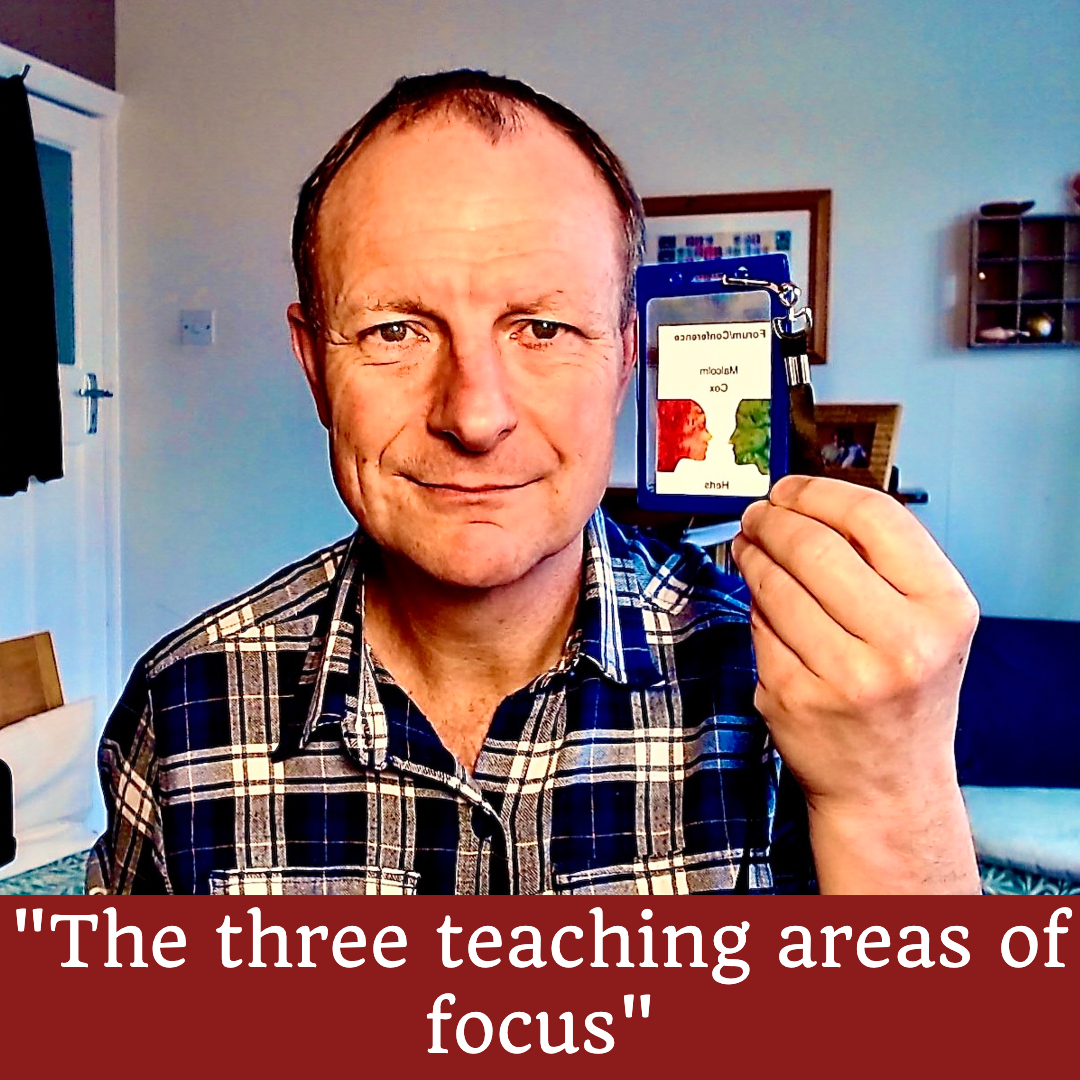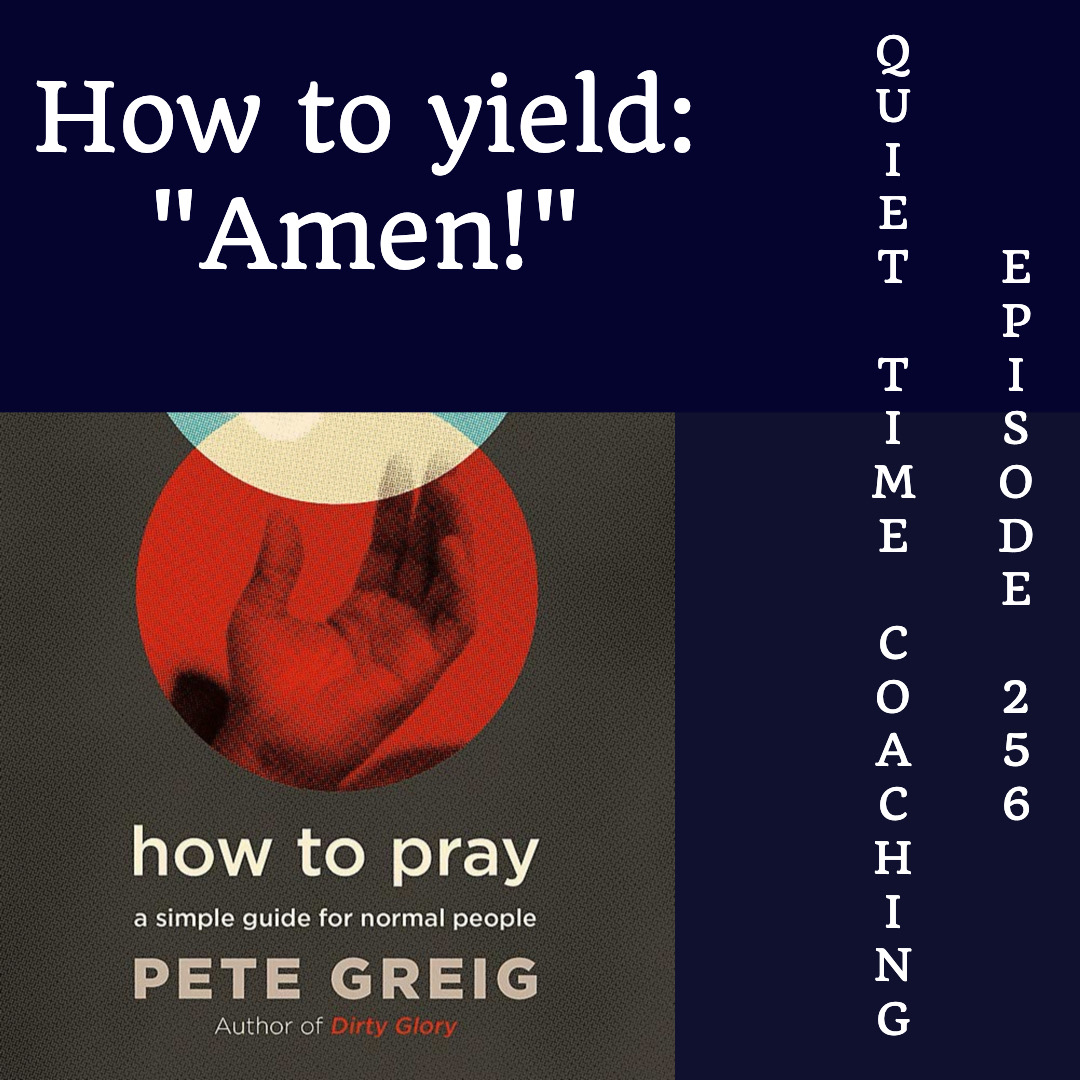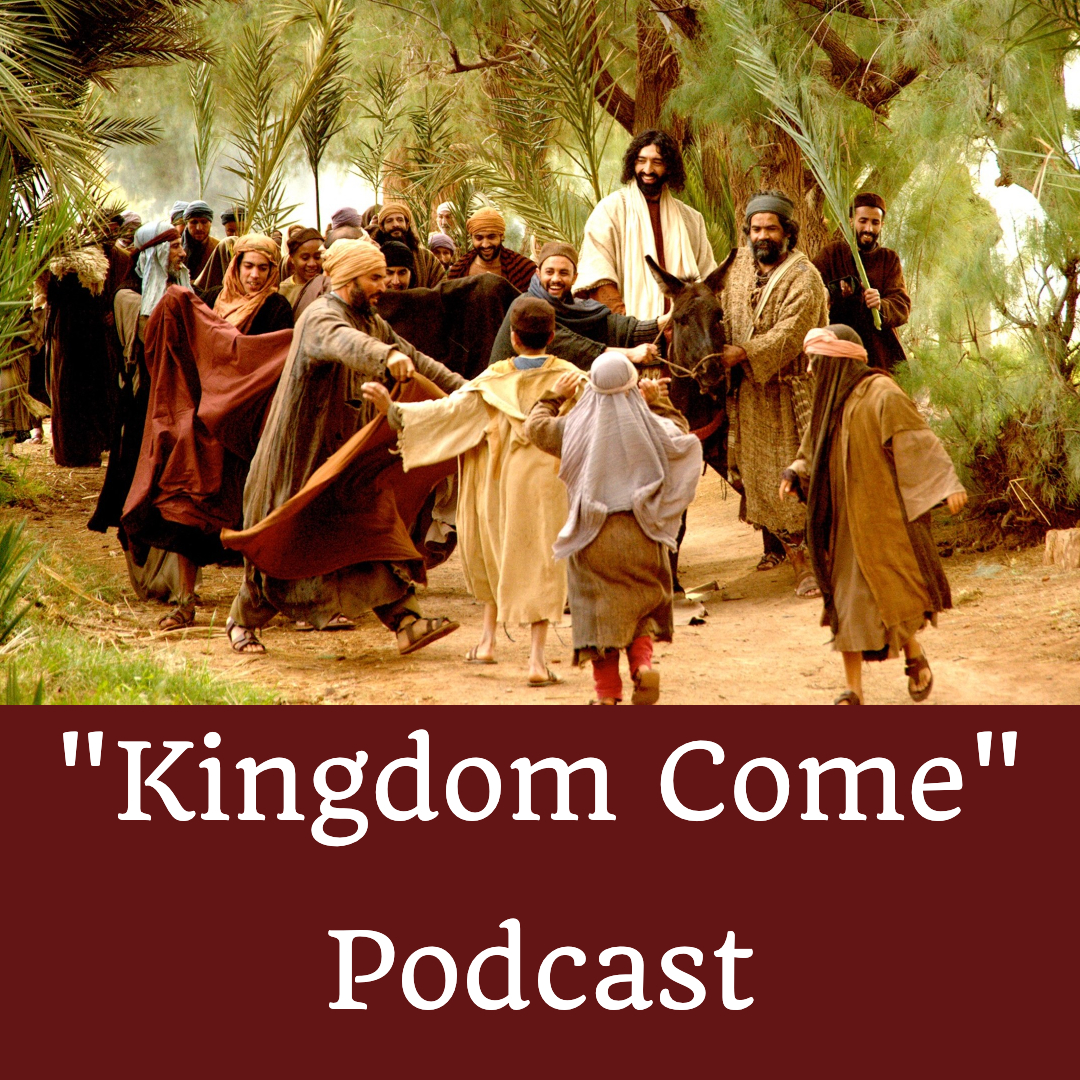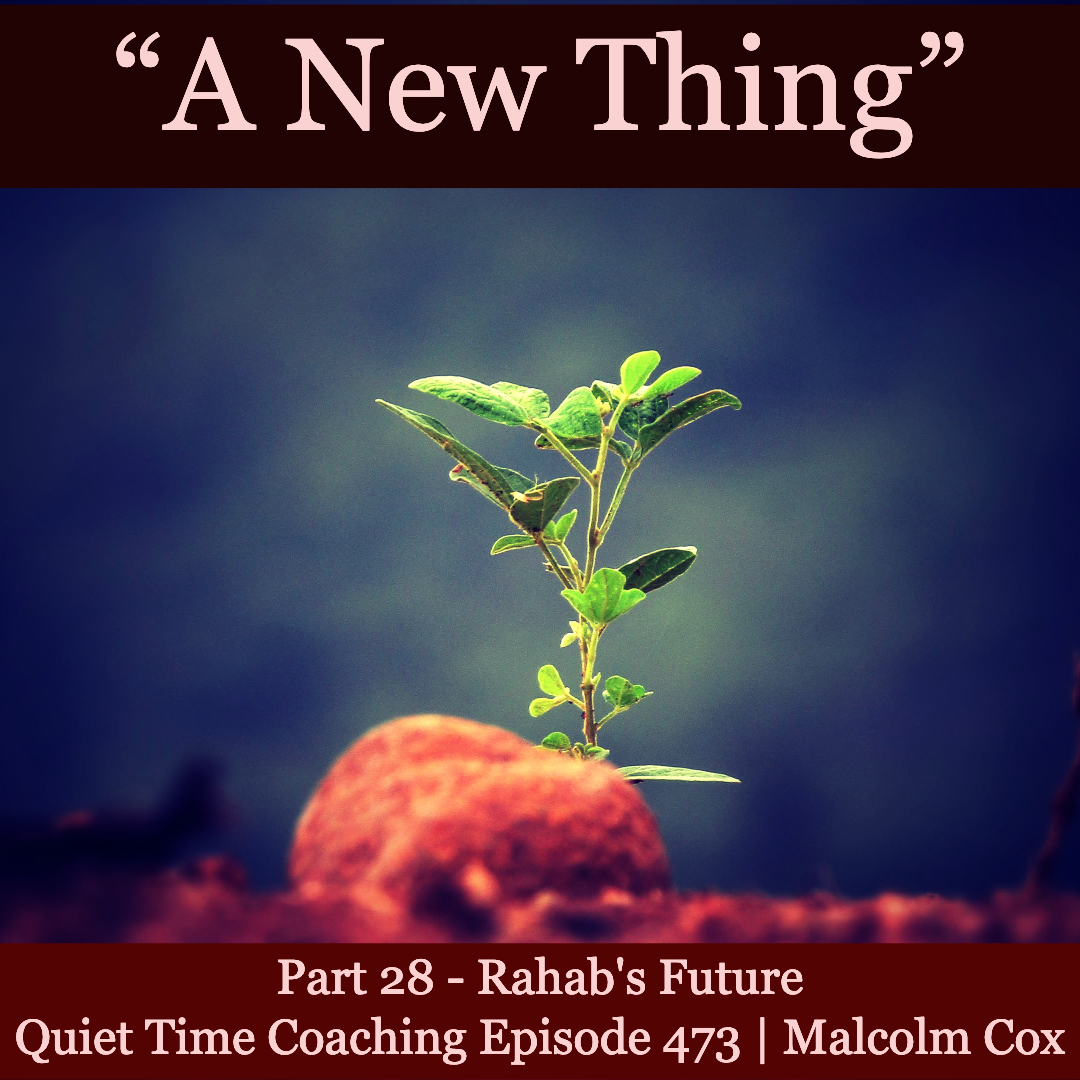Tuesday Teaching Tips, Episode 195
I have just got back from the “Conversations” teachers’ conference in San Antonio. I learned enough to supply material for the next ten or twenty Tuesday teaching tips!
Today I would like to reflect on a point made in the first class given by Ronald Rolheiser. Ronald is a Catholic priest and President of the Oblate School of Theology in San Antonio. He is a well-known writer on spirituality. I have one of his books, “Sacred fire: a vision for deeper human and Christian spirituality”. Now that I’ve heard him speak I am spurred on to read the rest of his book!
The title of his class at the conference was “Teaching and Spirituality”. It was a terrific lesson. Areas he covered included how to hear God’s voice, the three levels of spirituality, the role of academic theology and church life, what happens when academic theology is shut out, and what happens when academic theology does not respect the church. All of that in 45 minutes!
It’s tough picking out one thing to write about just for today, but I’m going to focus on a fundamental issue he covered at the beginning of his talk. It concerns the three levels of teaching. Summarised they are:
1. Teaching to bring people to the faith.
2. Teaching to help people grow in their faith.
3. Teaching in the academic sphere to help develop an understanding of what the faith is.
I’m not sure I’m doing Ronald full justice here, so I hope he will forgive me if I have not fully grasped all of his points. However, my takeaway, amongst others, from these points above is to consider where my strengths and weaknesses lie. And, in doing so, to consider whether I am growing in my weaker areas, but also whether I am exploiting my strengths.
All three aspects of teaching are vital. We can easily see how a focus on one to the exclusion of the others would lead to an imbalance.
If all we do is teach people so that they can become Christians, we will have congregations of spiritual infants. Such is the problem addressed by the writer to the Hebrews (Hebrews 5.12-14).
However, if our exclusive focus is teaching congregants to grow in their faith, we end up with a self-focused group. They run the risk of missing the heart of God and of losing their concern for the lost. Something demonstrated by the Pharisees (Luke 11:42).
Diving ever deeper into an academic understanding of faith without finding relevance for those who are lost, or the congregation of believers leads to a stale intellectualism. Perhaps Paul had something like this in mind when he wrote to the Colossians (Colossians 2.18-19).
If we want healthy spirituality and a healthy congregation we must invest in all three areas of teaching. We must equip those people who can teach in these three areas, and provide channels so that these three aspects of teaching can be a blessing to non-believers, Christians and congregations.
My reflection as it pertains to me is that the second area is my greatest strength. I am capable of teaching people to become Christians. I am capable of engaging with a certain level of academia. My strength, at least this is what people tell me, is that I am most effective when teaching Christians for the purpose of edification.
From this, flow three convictions.
Firstly, it’s important that I focus on exploiting my strengths, not lamenting my weaknesses (neither ignoring them, but that’s a different point).
Secondly, it’s important that I consciously, deliberately work at strengthening my weaker areas.
Thirdly, it’s important that I recognise those around me who are stronger in my weaker areas.
What does this mean in real life? Well, I’m still working that out in its detail, but here are some preliminary conclusions:
1. Accept that, in most contexts, my sermons and lessons will be most effective when I conceive of them and deliver them as channels for people of Christian faith to grow in their faith. In other words, do what I do best, and don’t worry about what is lacking.
2. Pay more attention to learning from those people who are especially effective at presenting the good news in a way that non-Christians find compelling.
3. Place myself in an academic environment frequently enough for my thinking to develop a deeper understanding of the faith. Most likely this includes engaging in some formalised study.
4. Ensure that the congregations I serve have access to teachers gifted in all three areas. In other words, I’m looking to balance my weaknesses with the strengths of other people. Where those don’t exist in our congregations, we will need to bring in people from outside.
As ever, Jesus is our model. He was wonderfully gifted at helping those far from God to come close to him. He had the capacity to teach in such a way as to grow the faith of those who followed him. He grasped and explained the deeper aspects of the faith with tremendous profundity. I’m sure you, as I, wish to be more like Jesus in these ways. Let’s be patient with ourselves as we grow in our weaknesses. And let’s be passionate about expressing our strengths. Jesus is not finished with us yet.
What I’d like to know today is, “Which of the three areas I have outlined is your strength?”, “How do you feel about developing your weaker areas?”, “What are your plans to strengthen your strength and develop your weaknesses?”
Please add your comments on this week’s topic. We learn best when we learn in community.
Do you have a question about teaching the Bible? Is it theological, technical, practical? Send me your questions or suggestions. Here’s the email: malcolm@malcolmcox.org.
If you’d like a copy of my free eBook on spiritual disciplines, “How God grows His people”, sign up at my website: http://www.malcolmcox.org.
Please pass the link on, subscribe, leave a review.
“Worship the LORD with gladness; come before him with joyful songs.” (Psalms 100:2 NIV11)
God bless, Malcolm
PS: You might also be interested in my book: “An elephant’s swimming pool”, a devotional look at the Gospel of John



